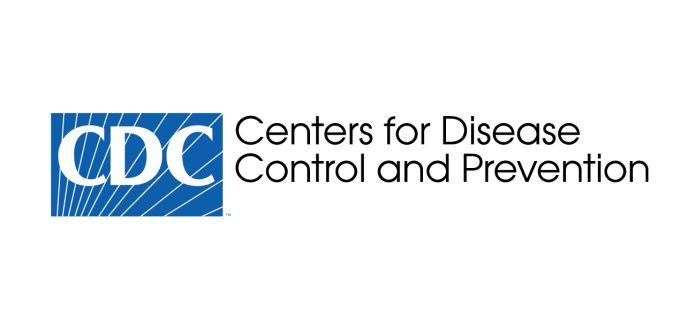A CDC food safety alert regarding an outbreak of Salmonella infections has been updated.
Since the last update on November 17, 2023, an additional 56 people infected with this outbreak strain of Salmonella have been reported from an additional 17 states, creating a total case count of 99 people in 32 states.
An additional 28 people have been hospitalized, totaling 45 hospitalizations overall. Minnesota has now reported two deaths.
Interviews with sick people and laboratory findings continue to show that cantaloupes are making people in this outbreak sick.
Additional brands of whole and pre-cut cantaloupes and fruit have been recalled:
Investigators are working to identify any additional cantaloupe products that may be contaminated.
As previously reported, Canada is also investigating this outbreak and has linked illness in Canada with the same Salmonella strain to cantaloupes.
What You Should Do
Do not eat any recalled cantaloupes and other fruit products. Throw them away or return them to where you bought them.
Wash items and surfaces that may have touched the recalled fruit using hot soapy water or a dishwasher.
Call your healthcare provider if you have any of these severe Salmonella symptoms:
- Diarrhea and a fever higher than 102°F
- Diarrhea for more than 3 days that is not improving
- Bloody diarrhea
- So much vomiting that you cannot keep liquids down
- Signs of dehydration, such as: Not peeing much; Dry mouth and throat; Feeling dizzy when standing up
What Businesses Should Do
- Do not sell or serve recalled cantaloupes or recalled fruit products.
- Wash and sanitize items and surfaces that may have come in contact with recalled fruit.
Salmonella Symptoms
- Most people infected with Salmonella experience diarrhea, fever, and stomach cramps.
- Symptoms usually start 6 hours to 6 days after swallowing the bacteria.
- Most people recover without treatment after 4 to 7 days.
- Some people—especially children younger than 5 years, adults 65 years and older, and people with weakened immune systems—may experience more severe illnesses that require medical treatment or hospitalization.
- For more information about Salmonella, see the Salmonella Questions and Answers page.
If you have questions about cases in a particular state, please call that state’s health department.




